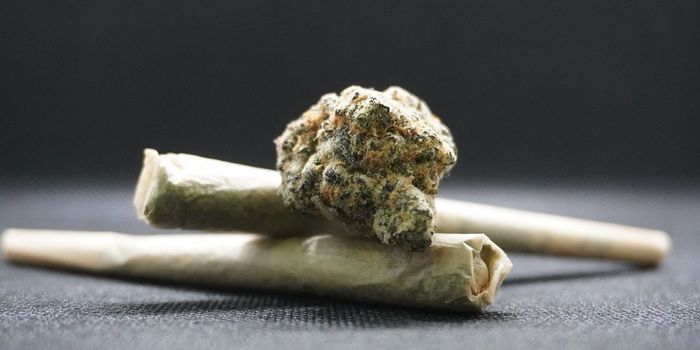Bipartisan Effort Demands DEA Action on Marijuana Scheduling
Marijuana is currently classified as a Schedule I drug, meaning these are “drugs with no currently accepted medical use and a high potential for abuse.” However, a team of 21 bipartisan congressional leaders from both the Senate and House of Representatives hopes to change that as they recently sent a letter to the United States Drug Enforcement Administration (DEA) pushing them to “promptly remove marijuana from Schedule I of the Controlled Substances Act (CSA)”, noting that almost eight months had passed “since the Department of Health and Human Services (HHS) recommended rescheduling marijuana to Schedule III — and 18 months since President Biden directed HHS and the Department of Justice (DOJ) to begin the process of reviewing marijuana’s scheduling.”
Examples of other Schedule I drugs include heroin, lysergic acid diethylamide (LSD), marijuana (cannabis), 3,4-methylenedioxymethamphetamine (ecstasy), methaqualone, and peyote, while Schedule III drugs include Tylenol, ketamine, anabolic steroids, and testosterone. Additionally, the penalties between Schedule I and Schedule III drugs also demonstrate stark contrasts, as well.
The 21 congressional leaders take it even farther than requesting marijuana be reclassified as a Schedule III drug, as they state, “As explained in our prior letters, while a move to Schedule III would be a meaningful improvement, the only way to remedy the most concerning consequences of marijuana prohibition is to deschedule marijuana altogether.”
This letter comes at a time when recreational marijuana is legal in 24 states and the use of medical marijuana in some form is legal in 20 states with six states still listing marijuana as fully illegal. Of the 21 signatures, 20 are from Democrats and one is from an Independent with zero Republicans.
For now, we wait and see when the DEA successfully reclassifies marijuana as a Schedule I drug.
As always, keep doing science & keep looking up!
Sources: United States Drug Enforcement Administration, Marijuana Moment, Campus Drug Prevention, Campus Drug Prevention (1), CBS News








